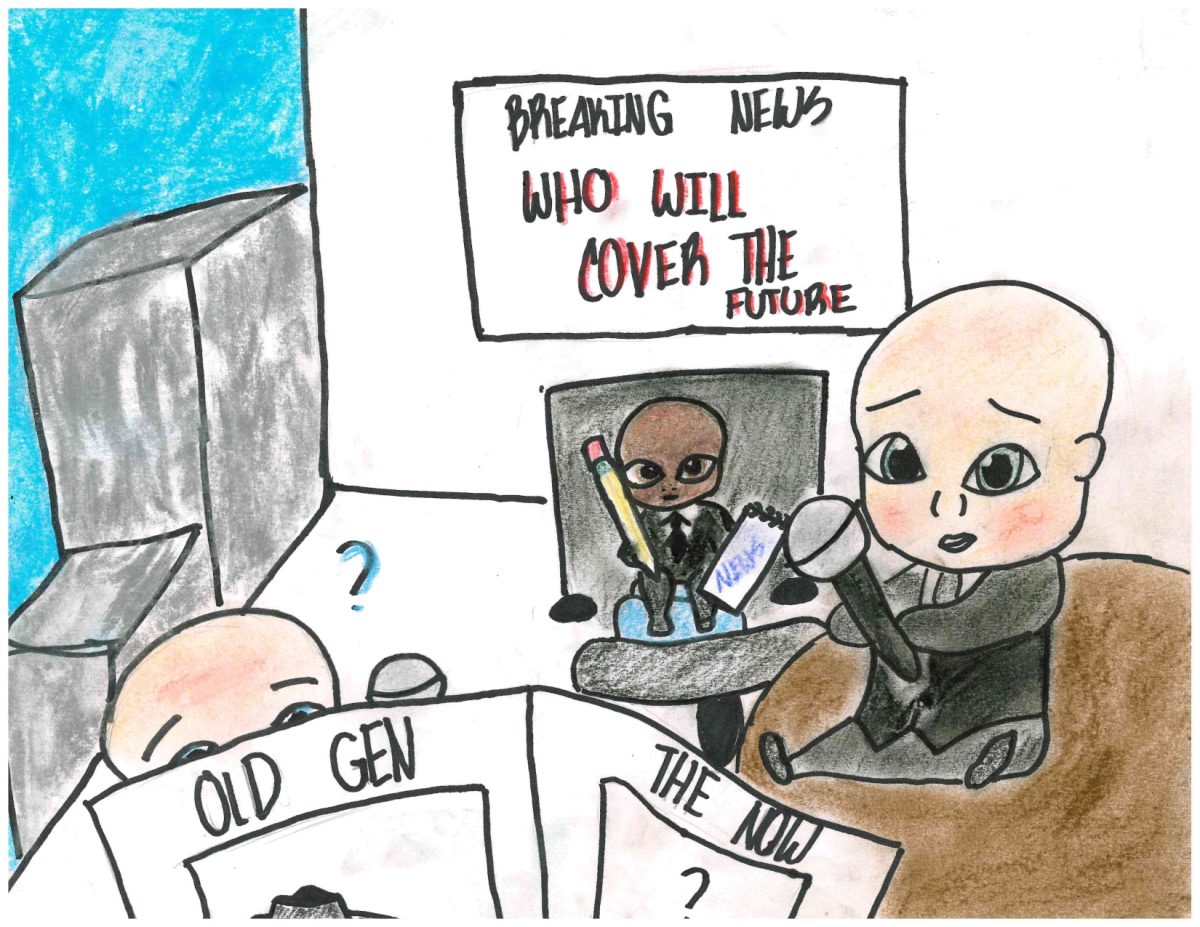By implementing a later school start time, students and parents will have trouble
navigating activities, homework, transportation and mental health. Time management is at risk when school starts and ends later.
Although we as humans require a certain amount of hours of sleep, there are various factors that prove that school start time should remain the same.
People often don’t think about the impact on school ending later when discussing school start time.
School ending at a later time impacts activities, mindsets and transportation.
Students who participate in extracurricular activities will have a disadvantage of getting home later than usual.
Student athletes are a perfect example. Some come in before school to practice and stay after school for practice or games as well. If students have to stay after school for a few hours, they get home much later due to the delay of the first bell.
Another aspect to consider is athletes who have to leave class early for games. The other team’s school will most likely have a standard school schedule.
This means that athletes will have a significant disadvantage with classes because of the time school ends.
It has been proven that students struggle with studies when they get home later.
According to pyschologytoday.com, after conducting a study, grades of students who stayed up late to study suffered. “Researchers found that opting to delay bedtime in favor of studying was linked to an increased risk of both types of academic difficulty.”
If students get home at a later time, they will be less motivated to get work done, and there is less time in the evening for work. According to care.com, homework is done best right after school.
Doing homework before school starts could also be a solution, however students would not be maximizing their sleeping in time.
As a student, it is extremely true that many high school students have a mindset of procrastination. Some do not start their work until late in the night. Students already know that this type of mindset can cause stress, but it is difficult to escape.
In the scenario where students are getting home from school sometime after 4:00 p.m., they are more likely to procrastinate even later into the night.
The later school begins, the later it ends and the higher the procrastination, the lower the grades.
Thinking from a teacher’s perspective also adds to the concerns. Teachers and staff will have to obtain a new schedule as well. Some have long commutes to work which will impact the time they get home after teaching.
According to washingtonpost.com, many teachers strongly oppose a later start time. A survey of teachers in Montgomery County, Virginia has been conducted and proves their opposition. “Nearly half of the district’s 12,000 teachers responded to the survey, and 63 percent said they favor not changing high school bell times.”
Implementing a later start time also impacts parents, as many transport their children to and from school.
The current system works well. Parents are able to get their kids to school on time and pick them up if they are not taking the bus.
Students also need to be prepared for waking up early in the future.
Everyone has a biological clock that allows them to get into a routine of sleeping. Body clocks of students have regulated and created a routine of waking up early. When students begin their careers, they need to have a steady biological clock and sleep schedule.
The time that school starts has a crucial impact on important necessities of life. School should remain at the current starting time because it is most beneficial for activities, mindsets, transportation, work, and our everyday routines.
Con: Students benefit from early school starting time
With many elements such as after school activities, homework, transportation, school starting at a later time will negatively impact students and parents. The later school starts, the later it ends.
0
More to Discover
About the Contributor

Sophie Rodrique, Co Editor In Chief






